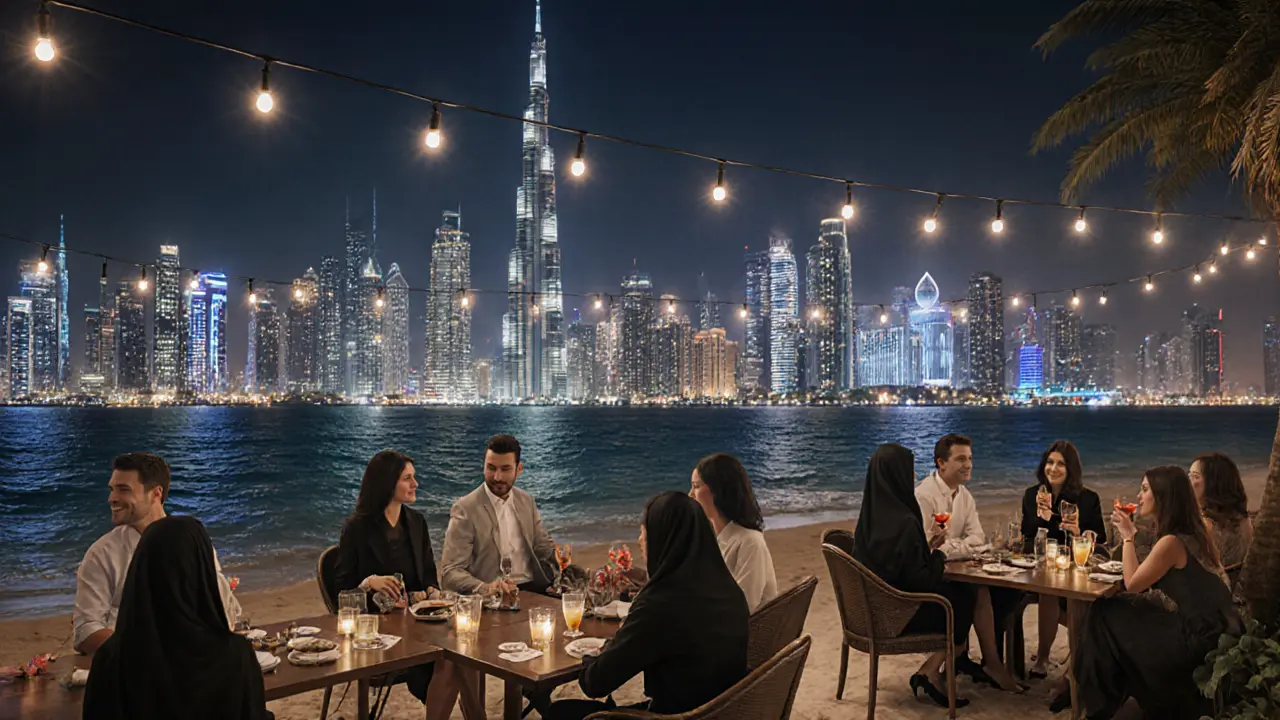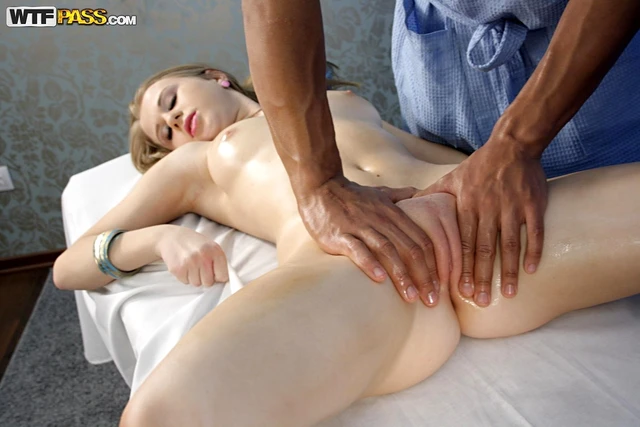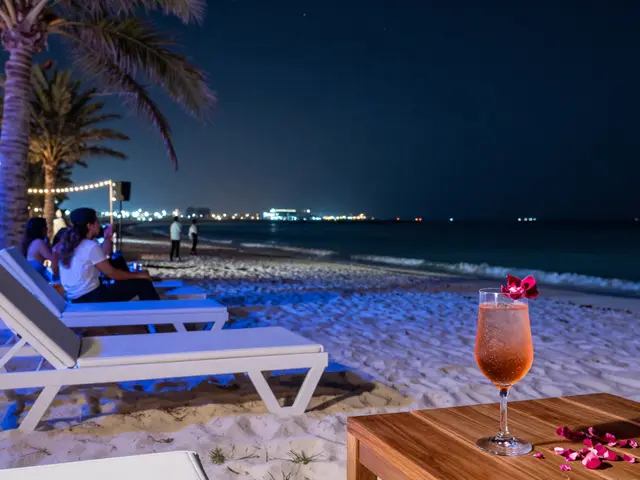Dubai doesn’t have strip clubs. Not legally. Not openly. Not even in hidden basements you can find with a local tip. If you’ve heard otherwise, you’ve been sold a myth - one that thrives on Western assumptions and viral TikTok clips that never show the police raid that follows.
People ask: Why not? Dubai has luxury hotels, rooftop bars, and private parties. Can’t they just have a strip club like Las Vegas? The answer isn’t about repression. It’s about what Dubai built its identity on: a careful, calculated balance between global appeal and deep-rooted cultural values. This isn’t a ban on pleasure. It’s a line drawn in the sand - one that most locals, expats, and even tourists respect, even if they don’t understand it.
What Dubai actually allows - and what it doesn’t
Dubai’s legal code is based on Islamic law, but it’s not the same as Saudi Arabia’s. You won’t find public floggings or mandatory prayer checkpoints. But when it comes to public decency, the rules are strict. Public nudity? Illegal. Sexual performances? Illegal. Any show where a performer removes clothing for entertainment? Also illegal. That includes strip clubs, burlesque theaters, and even topless pools - all banned under Federal Law No. 3 of 1987 on the Penal Code.
But here’s what most visitors don’t realize: Dubai allows plenty of adult-themed experiences - just not the kind you see on Netflix. Private clubs with live music, bottle service, and dancers in sequins? Those exist. But they’re not clubs you walk into off the street. They’re invitation-only, members-only, and often tucked inside five-star hotels. The dancers? They don’t strip. They dance. They twirl. They wear glitter, feathers, and sometimes low-cut tops - but never bare skin. The line is clear: movement is fine. Exposure is not.
In 2023, a British tourist was arrested after filming a dancer at a private lounge in Jumeirah. He thought it was a nightclub like in Ibiza. The video went viral. The man spent three days in jail before being deported. No trial. No appeal. Just a one-way ticket home. That’s not an outlier. It happens every few months.
The cultural gap: Why Westerners get it wrong
Many tourists come to Dubai expecting a Middle Eastern version of Las Vegas or Bangkok. They think, It’s a global city - why can’t I have the same freedom? But Dubai isn’t trying to be a Western city. It’s trying to be a global city that stays true to its roots. The government knows tourism brings billions. But it also knows that if it crosses the line on culture, it risks losing the very people who make its economy work: expat families, conservative investors, and regional visitors from Saudi Arabia, Qatar, and Kuwait.
Think of it this way: Dubai doesn’t ban alcohol. But you can’t drink on the street. You can’t get drunk in public. You can’t serve it to Muslims without a license. Same logic applies to nightlife. The goal isn’t to eliminate pleasure - it’s to contain it. Private spaces. Controlled access. No spectacle. No audience.
Western media often portrays Dubai as a place of hypocrisy: They allow casinos in the desert but ban strippers? But that’s not hypocrisy. It’s context. Casinos? They’re only in the free zones - places legally separate from the rest of the country. Strip clubs? They’d violate Article 358 of the Penal Code, which criminalizes public indecency. There’s no loophole. No gray area.
What tourists actually find - and how they get caught
There are rumors. There are whispers. There are Instagram accounts that claim to show "secret clubs" in Dubai. They’re all scams. Some are fake videos edited to look real. Others are from private events where guests were told to keep quiet. A few are from before 2018, when enforcement was looser. Today? Surveillance is everywhere. Hotel security cameras. Police patrols near nightlife districts. Even apps like WhatsApp are monitored for group invites to "exclusive parties."
One expat in Dubai told me about a party he attended in a villa in Al Barsha. There were dancers. One wore a mesh top. The host whispered, Don’t look too long. Ten minutes in, two men in suits walked in. Not police - but hotel security. They didn’t arrest anyone. They just shut the lights off, asked everyone to leave, and issued a warning: No more events like this. Next time, we call the police. The host lost his visa. The partygoers scattered. No one talked about it again.
What’s dangerous isn’t just the law. It’s the stigma. If you’re caught, you don’t just get fined. You risk your job. Your visa. Your reputation. Expats working in finance, healthcare, or education - even if they’re not Muslim - can be fired for a single arrest. Employers don’t want the risk.
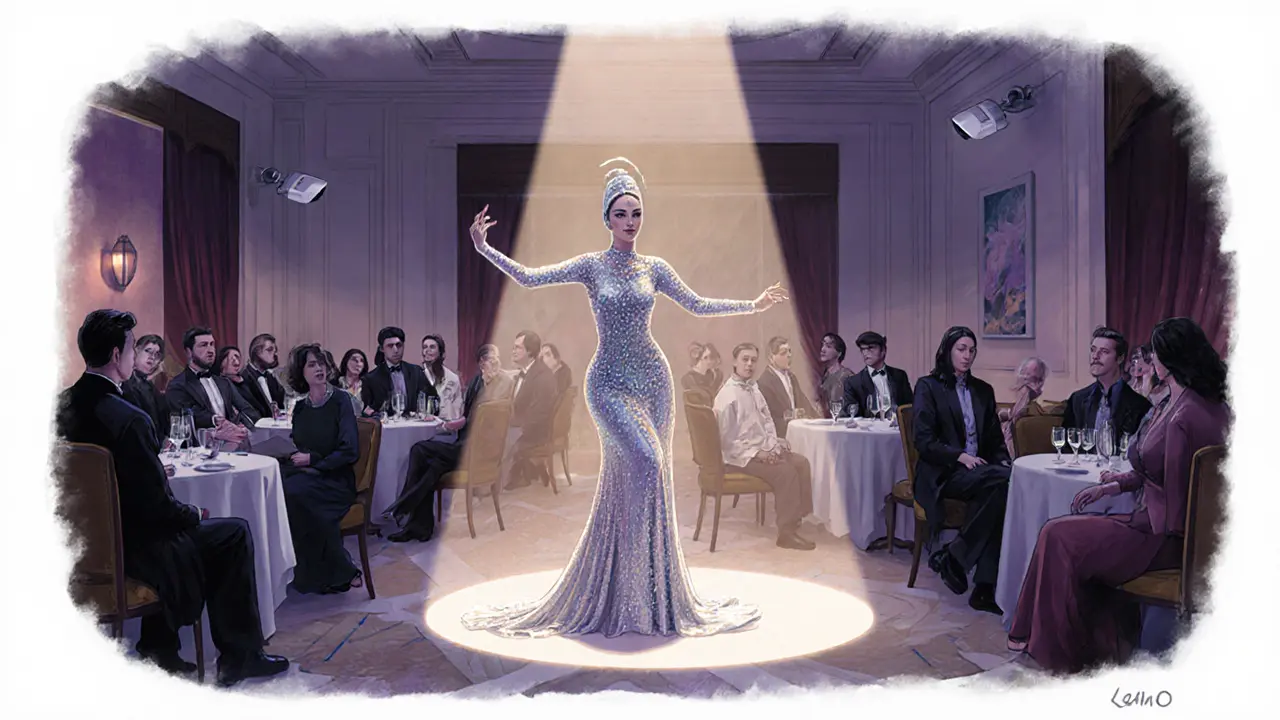
What’s the alternative? Dubai’s real nightlife
So if you want to go out in Dubai, what do you do? You go to the real nightlife - the one that’s legal, thriving, and surprisingly fun.
- Sky bars like Level 43 at the Address Downtown or 360 at the Hilton have live DJs, cocktails, and views of the Burj Khalifa. No dancers. No skin. Just music and atmosphere.
- Beach clubs like Nikki Beach Dubai or La Perle offer daytime lounging, pool parties, and sunset cocktails. Women wear bikinis. Men wear board shorts. But no performances. No stripping.
- Private lounges in hotels like the Burj Al Arab or Armani Hotel host live jazz, acoustic sets, or cabaret-style shows. Dancers perform in full costumes. Think Broadway, not Bally’s.
- Food and music festivals like Dubai Food Festival or Dubai Jazz Festival bring international acts - all family-friendly, all legal.
These places draw crowds of locals, expats, and tourists alike. No one’s breaking the law. No one’s getting arrested. And yet, the energy is electric. The vibe is upscale. The drinks are expensive. The music is loud. And yes - you can have a great night out.
Why the myth persists
So why do people still believe strip clubs exist in Dubai? Because the idea fits a story we want to believe: that the Middle East is exotic, forbidden, and full of hidden pleasures. That’s a fantasy. And it’s dangerous.
Travel influencers push it. YouTube channels sell "secret Dubai guides." Reddit threads claim to have "inside info." But none of them show the arrest footage. None of them show the court documents. None of them show the deportation notice.
It’s not that Dubai is hiding something. It’s that the world is projecting something onto it. A Western fantasy of sexual freedom, dressed up as cultural curiosity. But Dubai isn’t a mirror. It’s a boundary.
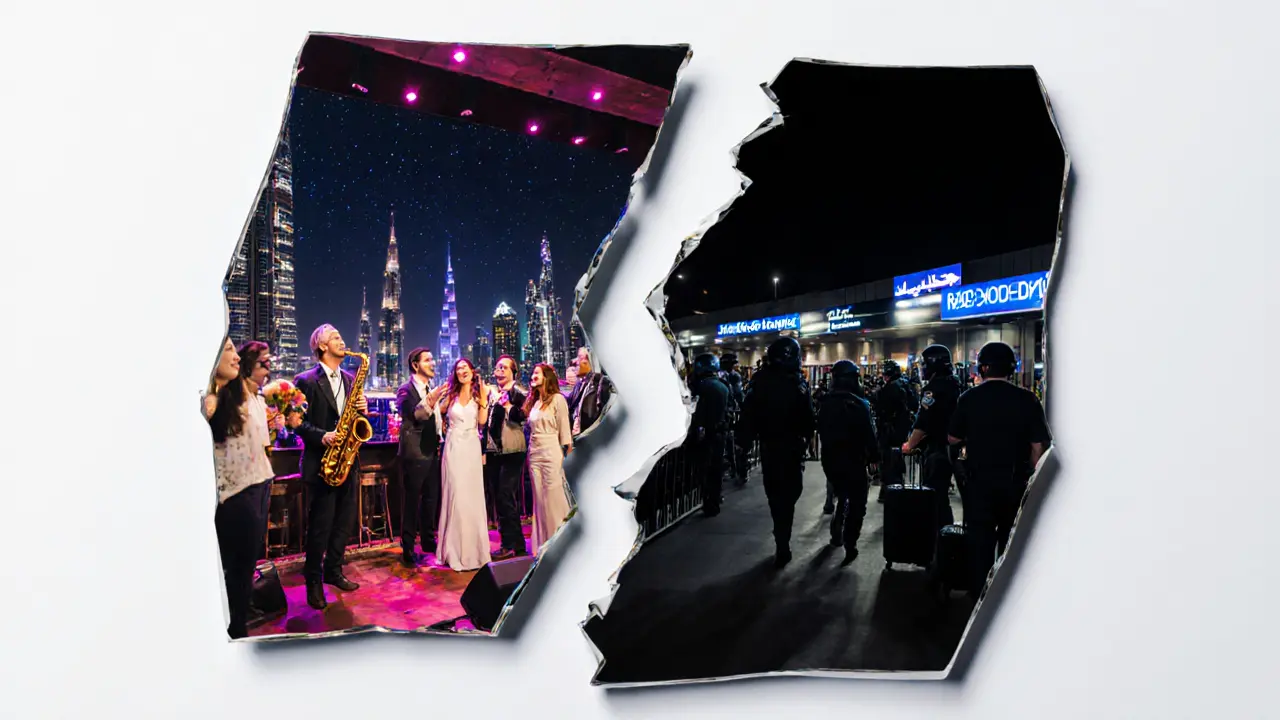
What you should know before you go
If you’re planning a trip to Dubai, here’s what matters:
- Don’t look for strip clubs. They don’t exist. Searching for them will get you in trouble.
- Respect the rules. Even if you think they’re outdated, they’re enforced - and they’re not going away.
- Know your limits. Public displays of affection? Avoid them. Swearing in public? Avoid it. Wearing revealing clothes on the beach? Fine. Wearing them in a mall? Not okay.
- Ask before you act. If you’re unsure if something’s allowed, ask a hotel staff member. They’ll tell you the truth - and they’ve seen it all.
Dubai doesn’t need to be like the West to be great. It’s thriving because it’s different. And if you can embrace that difference - instead of trying to force it to fit your expectations - you’ll have one of the most memorable trips of your life.
What happens if you break the rules?
Let’s be clear: the consequences aren’t theoretical. In 2024, a German couple was fined 10,000 AED ($2,700) and given a 6-month travel ban after a video of them dancing closely at a beach club went viral. The video showed no nudity - just a slow dance. But the authorities said it was "inappropriate behavior." They didn’t arrest them. But they didn’t let them stay either.
Another case: a Canadian student was deported after posting a TikTok of himself dancing with a female performer at a private event. He thought it was a "VIP experience." The video had 200,000 views. The police traced it. He was detained for 48 hours, then flown out on the next flight.
These aren’t rare. They’re routine. And they’re not about punishing tourists. They’re about sending a message: This is not your home. Act like a guest.
Are there any strip clubs in Dubai?
No. There are no legal strip clubs in Dubai. Any claim otherwise is either misinformation, a scam, or a reference to illegal private events that carry serious legal risks. Public nudity, sexual performances, or stripping for entertainment violate UAE federal law and can lead to arrest, fines, deportation, or imprisonment.
Can I go to a nightclub in Dubai?
Yes - but not like you expect. Dubai has dozens of upscale nightclubs and lounges with DJs, live music, and dancing. Performers may wear glamorous outfits, but they do not remove clothing. These venues are licensed, monitored, and strictly regulated. Alcohol is served, but only to non-Muslim guests over 21. Public intoxication is illegal.
What happens if I film a dancer in Dubai?
Filming any performer in a private venue without permission can be considered a violation of privacy and public decency laws. Even if the performance seems harmless, recording it and posting it online can trigger police action. Many tourists have been arrested, fined, or deported for sharing videos of dancers - even if no nudity was involved.
Are topless beaches allowed in Dubai?
No. Public beaches in Dubai require modest swimwear. Bikinis are allowed on hotel beaches and designated resort areas, but topless sunbathing is illegal. Even private beach clubs enforce dress codes. Violating these rules can result in warnings, fines, or removal from the premises.
Why does Dubai have such strict rules about nightlife?
Dubai’s laws reflect its cultural identity as a Muslim-majority country that also wants to attract global tourism. The government draws a clear line: it welcomes visitors, but expects them to respect local norms. Unlike Western cities that prioritize individual freedom, Dubai prioritizes social harmony. This balance has helped it become one of the world’s top tourist destinations without compromising its values.
Final thought: It’s not about freedom - it’s about respect
Dubai isn’t trying to control you. It’s asking you to be mindful. You don’t have to agree with the rules. But if you want to visit, you have to follow them. The city doesn’t owe you a strip club. It owes you a safe, clean, and unforgettable experience - and it delivers that, every day, without breaking its own code.
Leave the fantasy behind. Show up with curiosity. Dress modestly. Drink responsibly. Dance with respect. And you’ll find Dubai isn’t missing something - it’s offering something better: a place that knows exactly who it is, and doesn’t need to pretend to be anything else.
